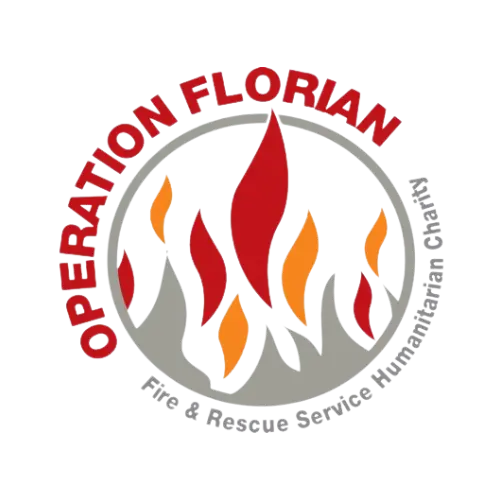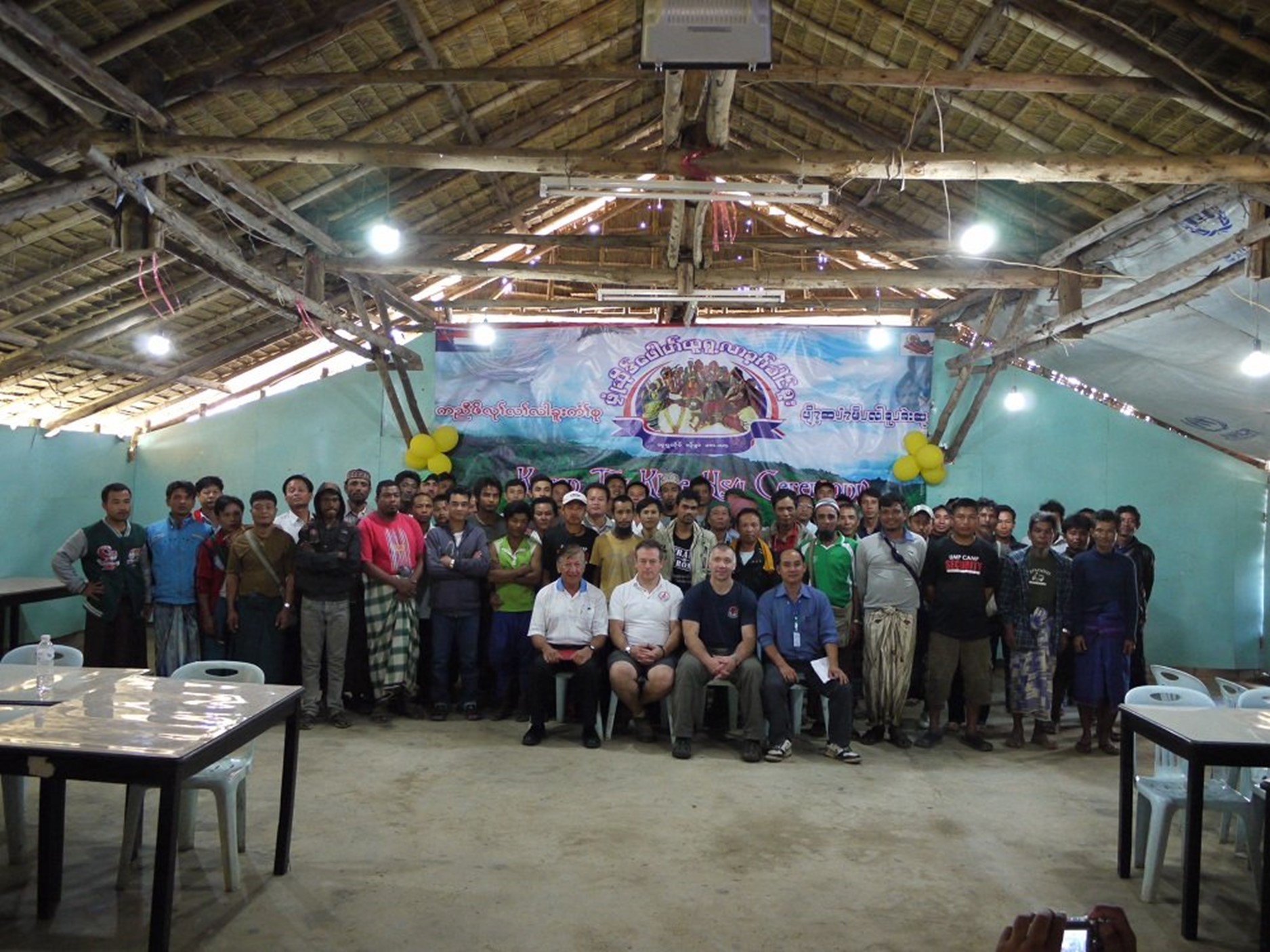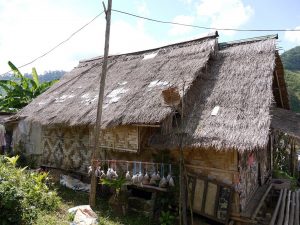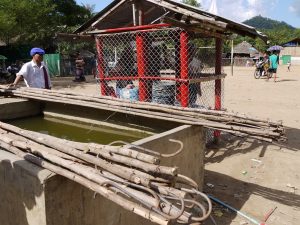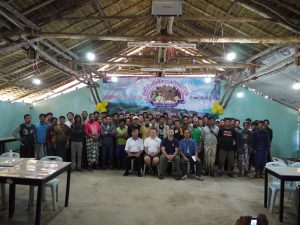Overview
Dates: 01/11/2014 - 10/11/2014
Location: Mai Sot, Thailand
Objectives
project leader
Steve JordanTeam members
George Bryant
Paul Incleton
Roy Barraclough
Photos
The project
National Hwy No. 105, Mae Sot, Tak 63110, Thailand
In early November 2014 Operation Florian went to carry out a fire needs assessment at refugee camps on the Thai/Burma border at the request of the Committee for Coordination of Services to Displaced Persons in Thailand (CCSDPT).
In the past two years the camps have experienced a number of serious fires. The most significant fire occurred on 22 March 2013 at the Ban Mae Surin refugee camp in Mae Hong Son Province tragically killing 37 Karen refugees and destroying hundreds of dwellings.
The project request was the second in 12 months and provided another opportunity for the Operation Florian team to utilise their skills and extend their own professional knowledge to evaluate all aspects of fire prevention, preparedness and response within a refugee camp.
The team were presented with a number of significant challenges during their assessment in terms of reducing fires or finding alternative solutions. For example, the use of construction materials with a high fire loading for houses within the camps. Utilising locally sourced materials, houses are constructed with bamboo for the frame, flooring and walls. There were differences in the materials used for the roofs which were predominantly either a dried out teak leaf which contains an oil residue to maintain its water resistance or long grass used as a type of thatch. In both cases the combustibility levels still remained high.
Reflecting on previous experiences and research undertaken it was evident that causes of fires in the camps visited reflected the same trends identified elsewhere including cooking practices, candles, electrical faults or general carelessness involving the use of fire. The teams also discovered a further area of concern raised at camp level – the trend of young children playing with fire.
The field study undertaken highlighted the most common cause of fires starting within the kitchens of homes. On this basis the team offered several recommendations ranging from improved safety in construction of property, to best practice when cooking on open fires in order to prevent life threatening and damaging destruction.
The camps have limited firefighting provision and several recommendations have also been made relating to improving provision and securing more robust water supplies.
Another key common issue is the lack of a coordinated approach or awareness to reducing the risk of fire by NGOs and camp management organisations. As indicated after the Ban Mae Surin fire a great deal of resources and effort was redirected to the recovery and reconstruction of the camp. Nevertheless, the necessity to implement fire reduction strategies remained inconsistent.
At the end of the assessment week, Operation Florian presented their initial findings to the CCSDPT executive committee which was well received. A more detailed report will be provided presenting a range of recommendations covering prevention, preparedness and response issues for possible implementation.
Special thanks
Operation Florian are extremely grateful to all supporters of this project. Without your assistance these projects would not be possible. You have helped to save lives and improve community safety:
The Operation Florian team would like to pass there sincere thanks to all the members of the CCSDPT and all the NGO staff who were extremely welcoming and provided key support and advice to ensure the assessment was conducted successfully.
